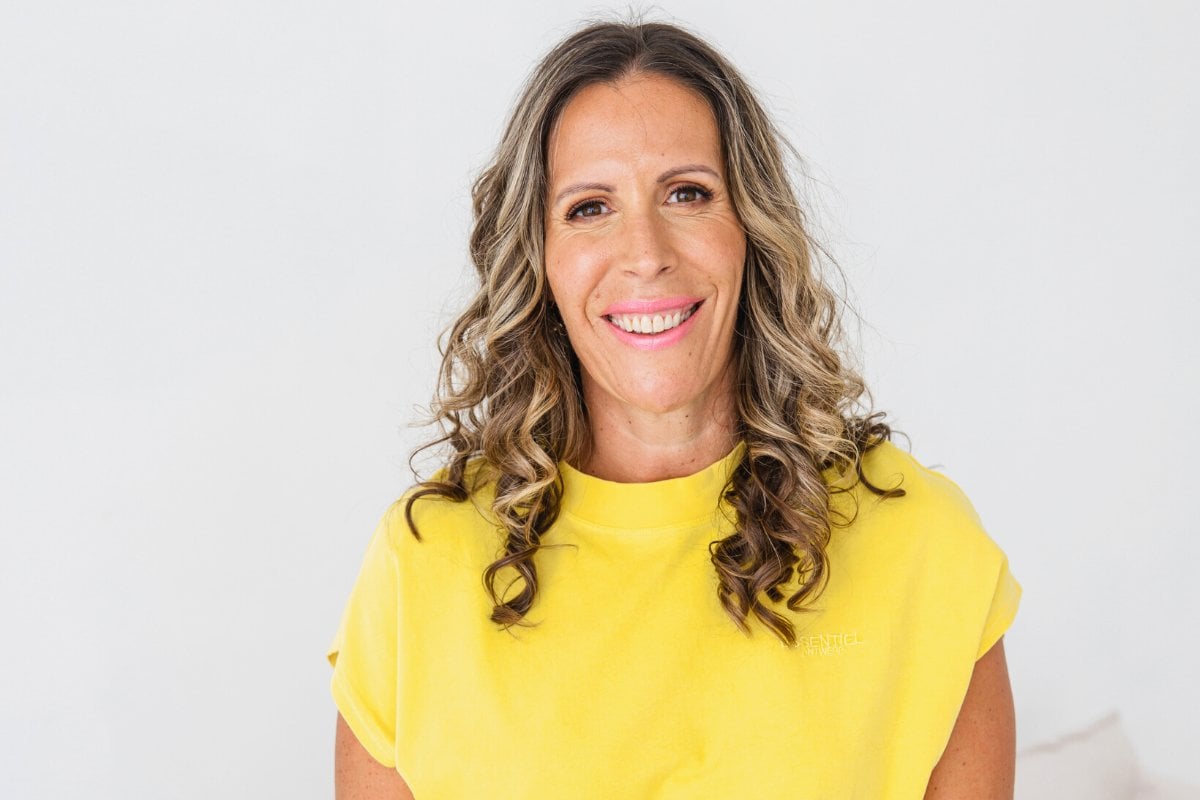
The conversation around alcohol use has changed. It’s no longer the case of ‘you’re an alcoholic or a social drinker’. We now know there’s a spectrum. We call it the Grey Area or Alcohol Use Disorder.
I didn't identify as being an alcoholic. I believed the stereotype that an alcoholic was someone who drank in the morning, woke with trembling hands and had lost everything to alcohol - their job, home, family and more. That hadn't happened to me. I was high functioning. I still ran half marathons for goodness’ sake! But I knew I drank too much, I knew alcohol was impacting me negatively but everywhere I turned, I was hit with the message that I ‘deserved’ my evening wine, alcohol was fun and something to look forward to. It was confusing.
Watch: Here are just some of the effects after one year without drinking alcohol. Story continues after video.
For me, I was always a binge drinker and found moderation impossible. I used alcohol as my one and only tool to deal with life’s challenges – stress, anxiety, overwhelm, loneliness and boredom. I had extensive rules around my drinking (sometimes I stuck to them and sometimes I didn’t) and there was constant chatter in my head around alcohol. I looked forward to the nights I could consume it and was resentful and disappointed on the nights I couldn’t (driving, kids, work commitments). But still, I didn’t know what to call myself because I still didn’t identify with the alcoholic label.
I didn’t realise alcohol was sending my anxiety through the roof and eroding my inner worth and confidence. I was living a dual life – half kale- eating yogi and half binge drinker. I was always flipping between the two, exhausted, guilty, full of shame and self-loathing.
I know now that I was a grey area drinker. Not at rock bottom, in fact, externally functioning well at life – but alcohol was taking away FAR more than it was giving back. Are you a grey area drinker? Here are eight signs you might be one.




























































































